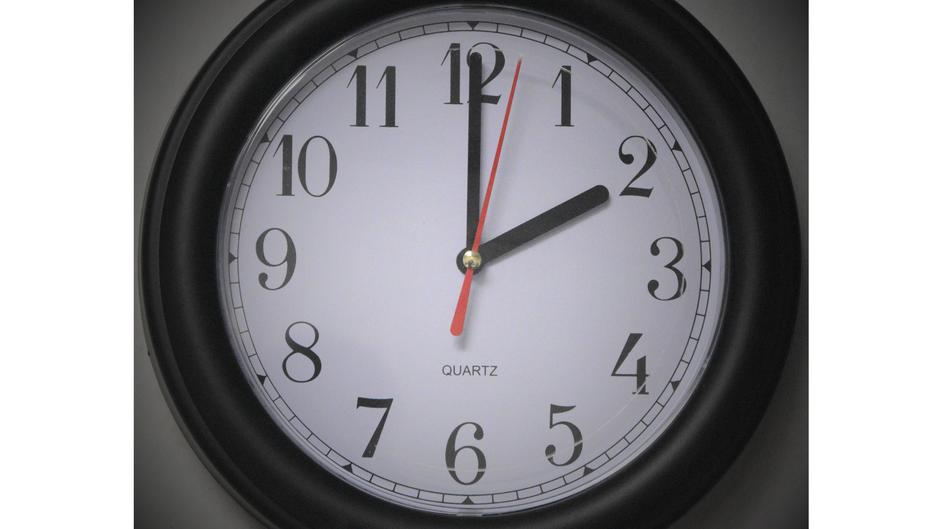Enjoy an extra hour as British Summer Time ends
Fri 9th October 2020
The nights are drawing in, the weather is colder and October is here to officially mark the end of British Summer Time for another year. Just like that, the clocks are going back and we are getting an extra hour in bed.
That’s because we’re currently using British Summer Time (BST), well until October 25th at 2am at least. When we move the clocks forwards at the end of March, we are moving from what is known as Greenwich Mean Time (GMT) to BST. BST is also known as Daylight Saving Time (DST) or GMT +1.
So when the clocks change backwards in the last week of October, British Summer Time has come to an end and that’s why we get the extra hour back.
The idea to change the clocks supposedly came in 1784 when American politician and inventor Benjamin Franklin suggested that people would save on candles if everyone woke up earlier when it was lighter.
BST is observed in the UK, Guernsey, the Isle of Man and Jersey and was an idea initially proposed by builder William Willet to save energy and money by making use of the lighter and longer evenings.
The clock-changing campaign was first adopted in Britain in 1916 after Willet’s idea, however he did not live to see it implemented as he died in early 1915.
Since 1916, Britain has toyed with the notion of moving the clocks forwards and backwards.
The clocks were even brought forward 2 hours ahead of GMT during the Second World War, which was called British Double Summer Time (BDST), and decades later in periods to account for fuel shortages in the spring of 1947. One experiment between 1968 and 1971 meant the clocks were kept 1 hour ahead of GMT for a full year.

